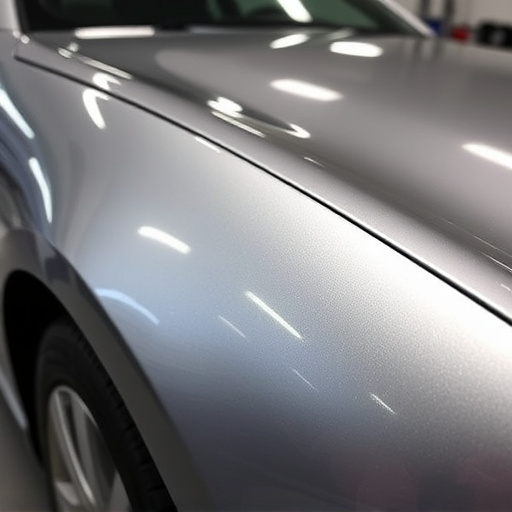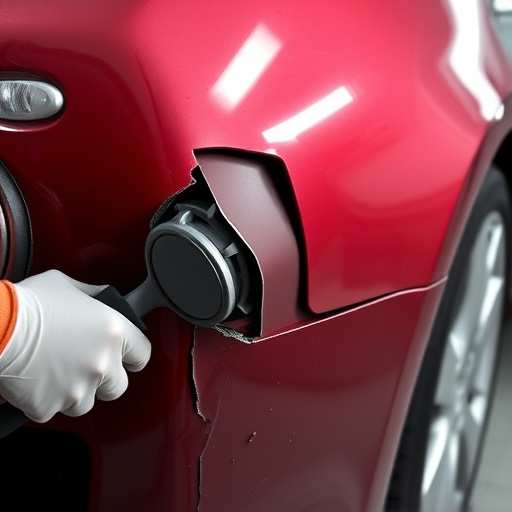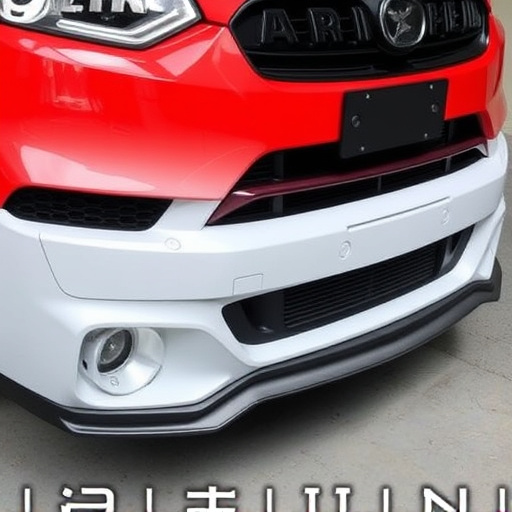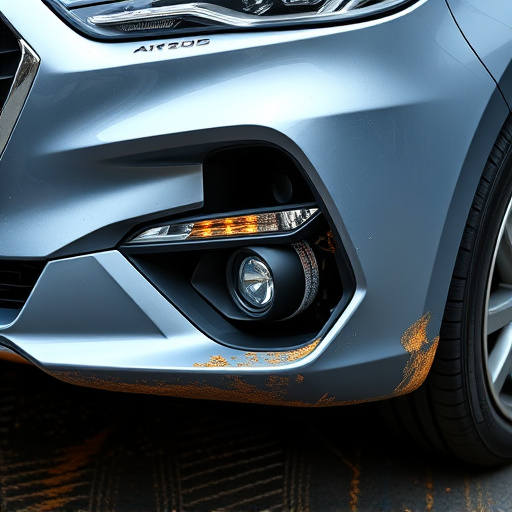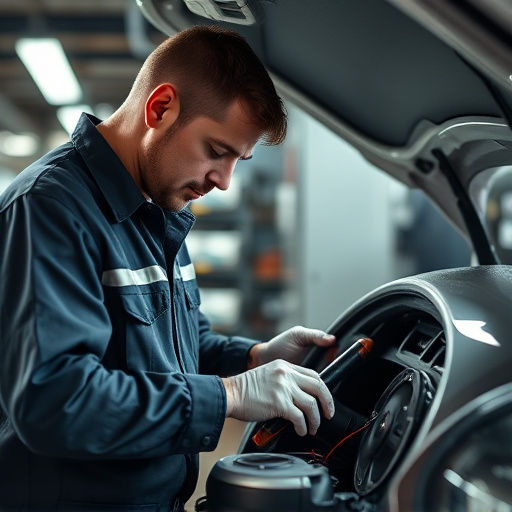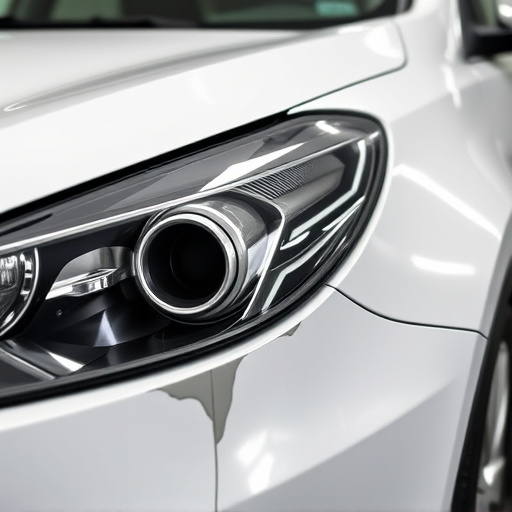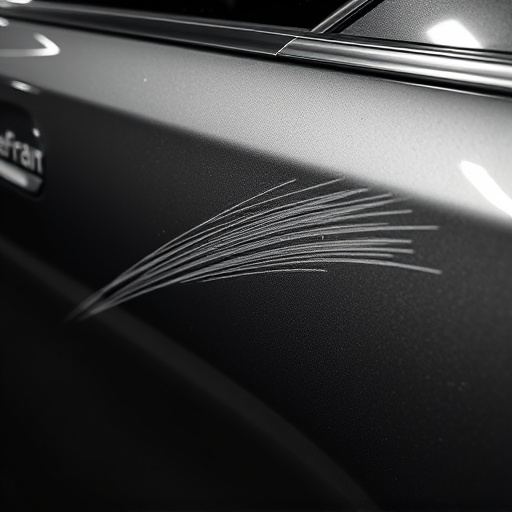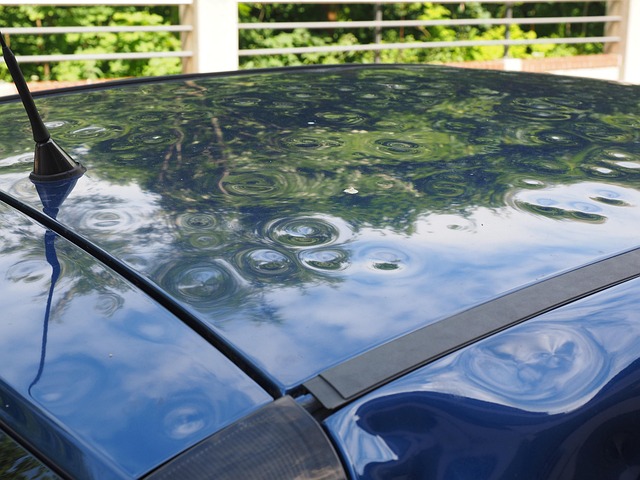Electric car body repair demands a unique approach due to these vehicles' advanced propulsion systems and specialized components, particularly high-voltage batteries that require stringent safety protocols. Skilled technicians at reputable shops perform initial assessments to identify unique damage, secure the vehicle on a lift, and disconnect the battery to ensure optimal safety. Specialized tools like laser sensors, robotic arms, and advanced paint matching systems are crucial for precise repairs that preserve structural integrity, performance, efficiency, and aesthetic appeal while maintaining high resale value.
In the realm of automotive maintenance, understanding the nuances of electric car body repair is paramount as these vehicles present unique challenges. This article guides you through the essentials, from assessing and preparing for repairs to mastering common damage scenarios and exploring cutting-edge technologies. Learn about specialized tools, safety protocols, and advanced techniques that ensure optimal restoration for electric vehicles. Discover how 3D printing, composite materials, and evolving technology are revolutionizing the way we approach electric car body repair.
- Assessment and Preparation for Electric Car Body Repair
- – Understanding the unique challenges of electric vehicle (EV) body repair
- – Tools and equipment needed for effective EV body repair
Assessment and Preparation for Electric Car Body Repair

When it comes to assessing and preparing for electric car body repair, there are several key steps to ensure optimal results. The initial evaluation involves a thorough inspection of the vehicle’s exterior, focusing on identifying any damage, including dents, scratches, or cracks in the body panels. This process requires specialized knowledge as electric cars often have unique design elements and components not found in conventional vehicles.
Preparation for repair includes safety measures such as securing the vehicle on a lift to facilitate easy access to the underbody and ensuring proper grounding to prevent any electrical hazards. At a reputable car body shop or collision repair center, technicians will also disconnect the high-voltage battery system to avert any potential risks during the repair process. This step is crucial in maintaining the safety of both workers and the vehicle itself, as electric cars require specialized handling due to their advanced propulsion systems.
– Understanding the unique challenges of electric vehicle (EV) body repair

In the realm of electric car body repair, professionals face unique challenges compared to traditional vehicle servicing. Electric vehicles (EVs) have distinct components and systems that require specialized knowledge and tools for effective restoration. One key consideration is the handling of high-voltage batteries, which necessitates strict safety protocols during any collision or dent repair process. These batteries must be carefully managed to prevent damage that could lead to short circuits or other hazardous situations.
Furthermore, the integration of advanced technologies in EVs introduces complexities in vehicle dent repair and restoration. Unlike conventional cars, EVs may have lightweight materials, sophisticated sensor systems, and intricate body panels designed for aerodynamics. Thus, body repairs demand precision and expertise to ensure structural integrity while preserving the vehicle’s overall performance and efficiency—a far cry from the standard fender benders encountered in conventional car maintenance.
– Tools and equipment needed for effective EV body repair

When delving into electric car body repair, the right tools and equipment are essential for effective and efficient work. Unlike traditional auto dent repair, EV body repair requires specialized tools designed to accommodate the unique construction and materials used in electric vehicles. This includes high-tech welding equipment, precision measuring tools, and advanced paint matching systems that can accurately replicate the original finish, which is crucial for maintaining the car’s aesthetics and value.
In a car body shop specializing in electric car body repair, you’ll find an array of tools tailored for handling intricate body panel work, such as laser sensors for precise measurements, robotic arms for spot-on welding, and advanced sanders for achieving seamless surfaces. These investments not only streamline the repair process but also ensure that every detail is addressed, making the final restoration nearly indistinguishable from the original condition—a hallmark of quality car dent repair.
Electric car body repair is a specialized field that requires a deep understanding of both traditional automotive practices and the unique aspects of electric vehicles. By assessing and preparing appropriately, technicians can effectively navigate the challenges presented by EV body repair, utilizing specific tools and equipment to ensure high-quality outcomes. This knowledge not only facilitates efficient repairs but also contributes to the growing sustainability sector, as it enables the extended lifespan of these innovative vehicles.
